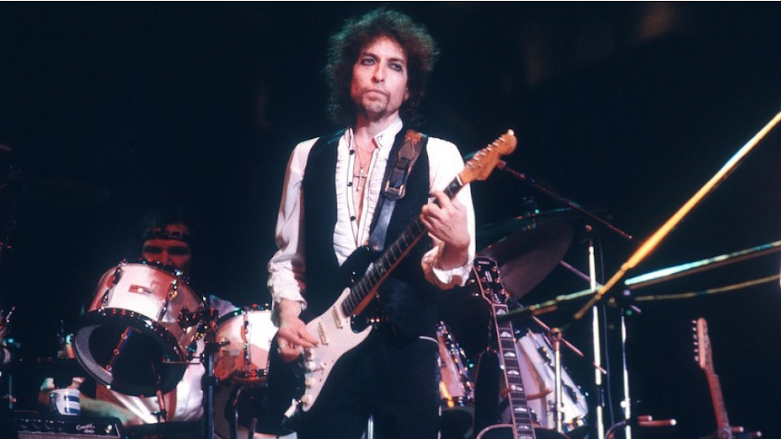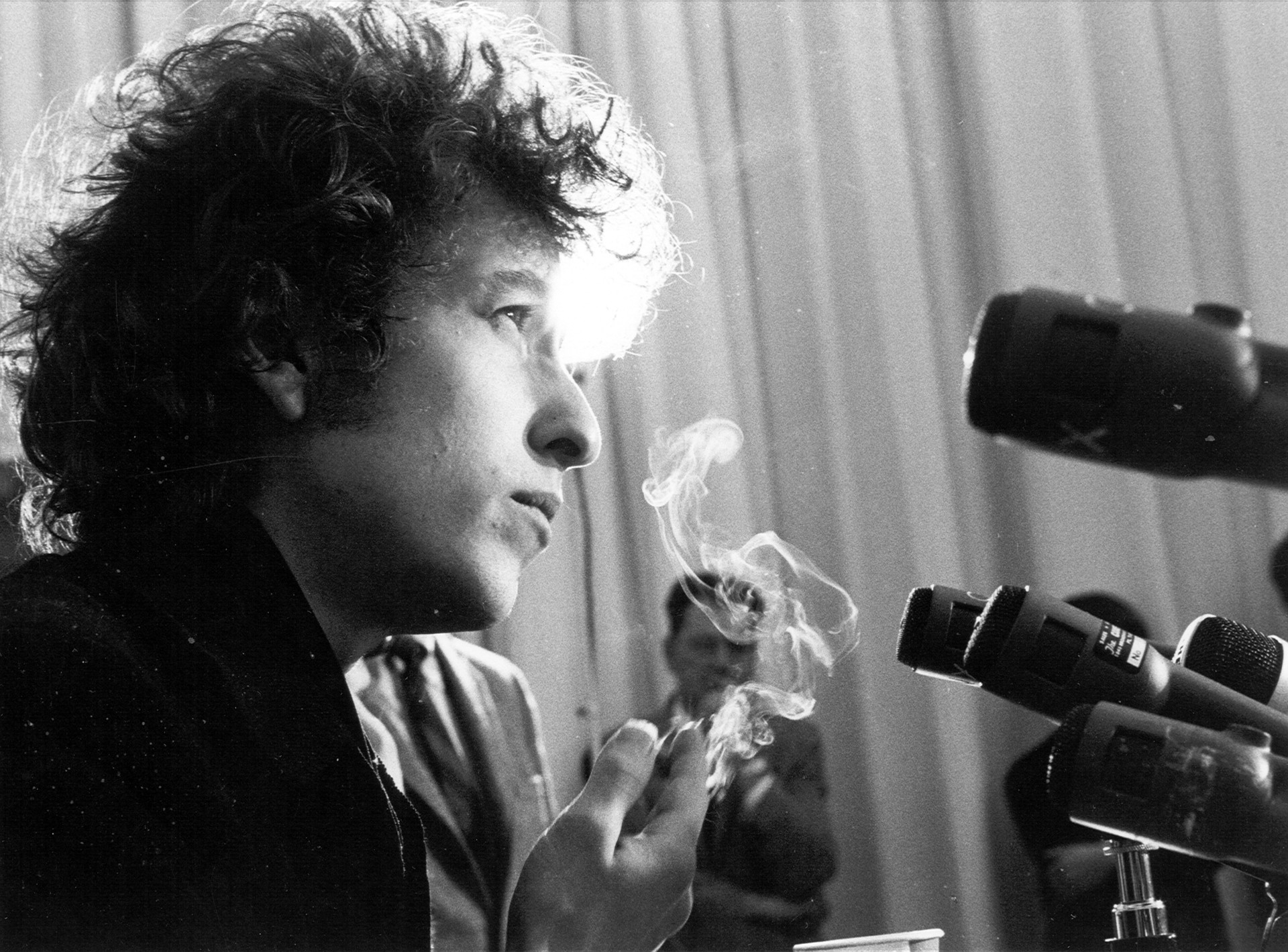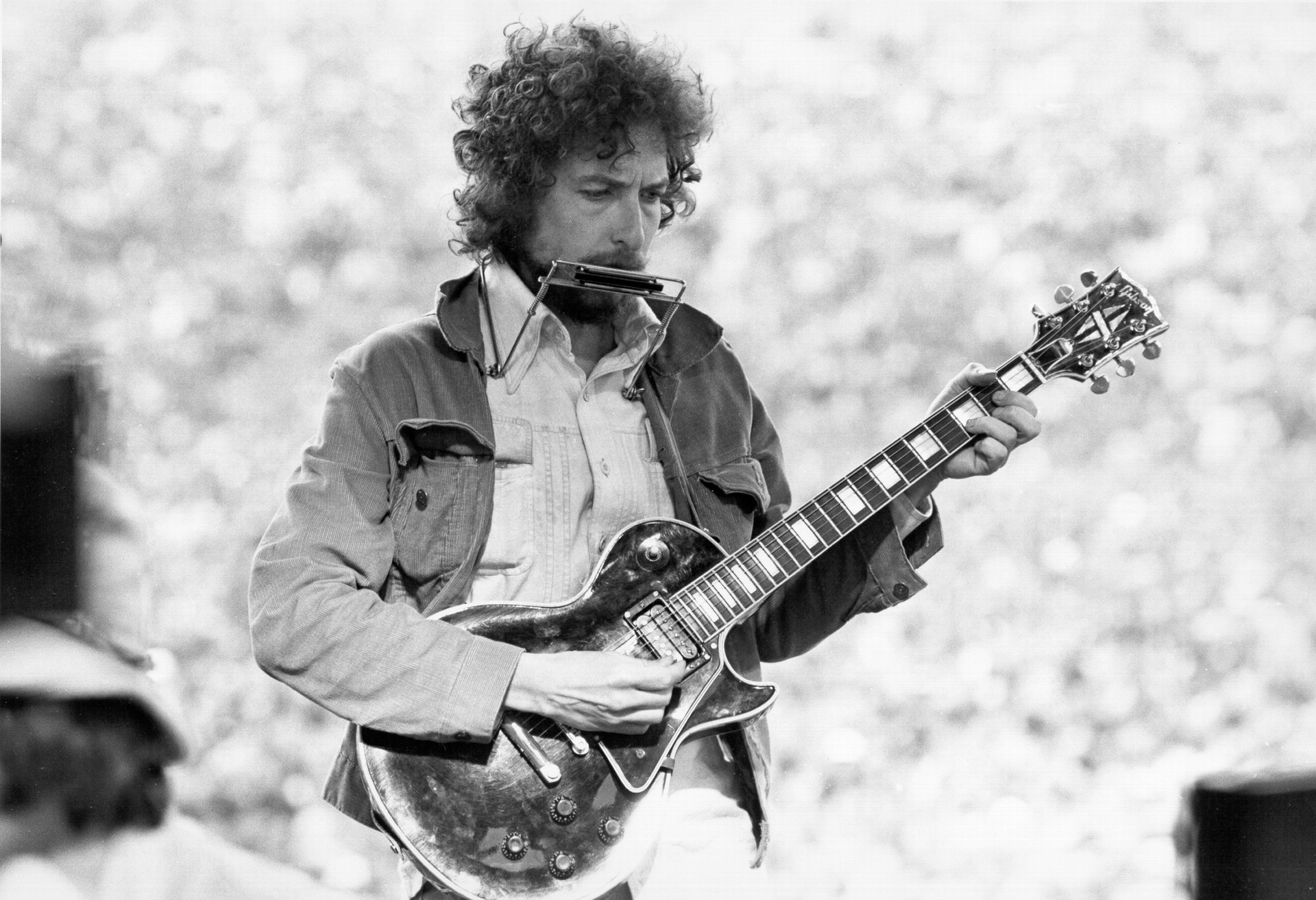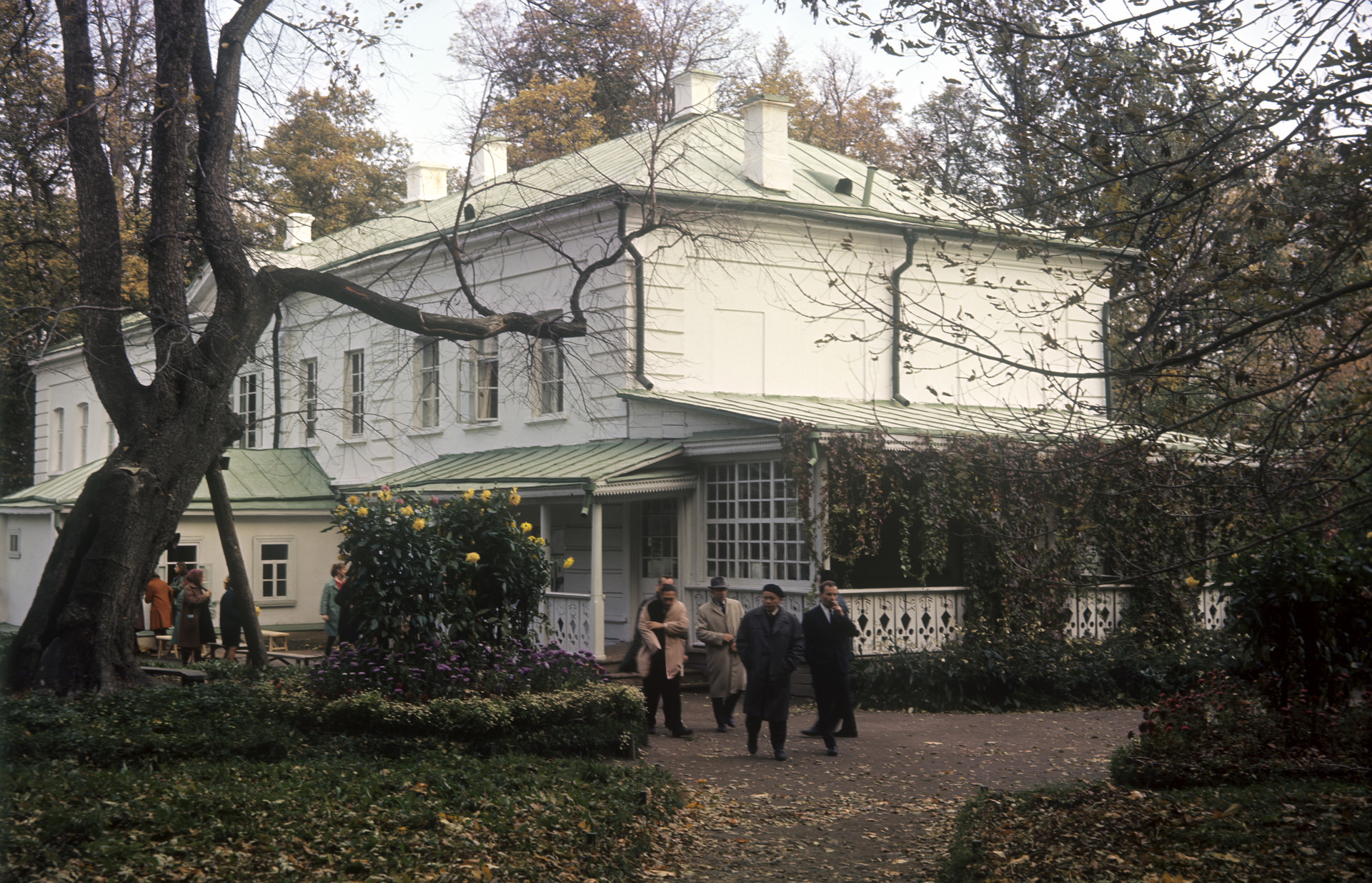
The great American bard first visited Russia in 1985 and performed in Moscow, before getting a chance to see a bit of the Soviet Union. Some of his songs were even inspired by the works of Russia’s great writers.
As was the case with many 10-year-old American children in 1951, Bob Dylan was a victim of Cold War propaganda when it came to Russia. In his autobiography titled Chronicles, the great bard wrote about how grade school children in small town America were made to see the Russians as a threat.
“One of the things we were trained to do was to hide and take cover under our desks when the air-raid sirens blew, because the Russians could attack us with bombs,” he wrote. “We were told that the Russians could be parachuting from planes over our town at any time. These were the same Russians that my uncles had fought alongside only a few years earlier. Now they had become monsters who were coming to slit our throats and incinerate us.” Dylan seemed skeptical of these beliefs and said they “seemed peculiar” and a “strange fantasy”.

It was also at the peak of the Cold War era that any library or private book collection worth its salt had titles written by Russia’s great authors. Flash forward to the 1960s and we see Dylan as a struggling artist in New York City, one who found a room with a collection of books that included novels by Gogol, Balzac, Maupassant, Dickens and Hugo.
“The Russian stuff on the shelf had an especially dark presence,” Dylan wrote. “There were political poems of Pushkin, who was considered revolutionary.” The American bard came across the works of Leo Tolstoy and Fyodor Dostoyevsky in the same room.
“Dostoyevsky, too, had lived a dismal and hard life,” Dylan wrote, mentioning the Russian writer’s exile in Siberia for writing socialist propaganda in the XIX century. “He was eventually pardoned and wrote stories to ward off his creditors. Just like in the early ‘70s I wrote albums to ward off mine.”
Dylan’s 1975 album Blood on the Tracks was inspired by another great Russian writer. “Eventually, I would record an entire album, based on (Anton) Chekhov short stories- critics thought it was autobiographical- that was fine,” he wrote in his autobiography.
Moscow visit in 1985
While talking about Tolstoy, Dylan mentioned his visit to Moscow and the Soviet Union in 1985. This visit, which was organized by a famous Russian poet named Andrei Voznesensky, has largely been forgotten in the popular imagination.

Dylan, whose grandmother hailed from Odessa, was thrilled about the idea of visiting the Soviet Union. Along with American poet Allen Ginsburg, Dylan was invited to participate in a poetry concert on the eve of the 12th World Festival of Youth and Students.
The American bard was invited to perform for a limited audience at the Luzhniki Stadium. The evening featuring Voznesensky and eminent poet Yevgeny Yevtushenko turned into a flop, since the audience consisted mainly of Komsomols (young communists).
According to accounts by Russian musician Andrei Gorokhov, the audience, comprising of people who did not know who Dylan was and understood little English, did not respond enthusiastically to the bard’s music. Dylan apparently was upset about the concert and “wept” later that evening at Voznesensky’s dacha in Peredelkino.
Dylan’s first trip to Russia would get better after the debacle in Moscow. He managed to travel to Tolstoy’s estate in Yasnaya Polyana. In his autobiography, Dylan mentions coming across a book by Tolstoy in the same room in 1960s New York where he read Pushkin and Dostoyevsky’s works.
“There was a book by Count Leo Tolstoy, whose estate I’d visit more than twenty years later - his family estate, on which he used to educate peasants. It was located outside Moscow, and this is where he went later in life to reject all his writings and renounce all forms of war.”

Yasnaya Polyana Balabanov/Sputnik
In what seems absolutely unthinkable in this day and age, Dylan, who did not enjoy any celebrity status in Russia, got a special privilege. “A tour guide let me ride his (Tolstoy’s) bicycle,” the American bard wrote.
Dylan was keen to visit the city of Odessa, but was denied official permission as the city was closed to non-Soviet citizens at the time. He did visit Tbilisi, where he received a raucous reception from the public. Some accounts from that time suggest that Dylan did manage to go on to Odessa from there.
Andrei Gorokhov felt that Dylan would never return to Russia after the debacle in Moscow in 1985, but the bard performed in St. Petersburg in June 2008. There he received his long-awaited dues in the country that influenced him in so many ways.
Ajay Kamalakaran



